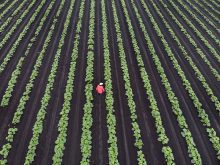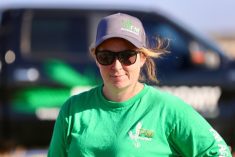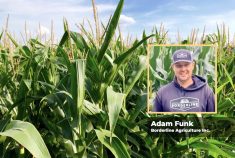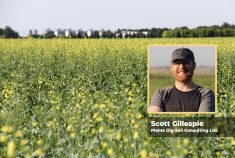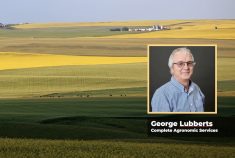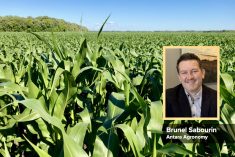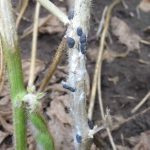What do agronomists wish farmers would ask for, or stop asking for, or understand better about their jobs? And how can farmers get the most out of their relationships with agronomists?
While ultimately the customer calls the shots, Country Guide asked a few Western Canadian consulting agronomists what they would like to see from their clients.
They said their wish lists include better communication, for clients not to be afraid to ask questions, not to hesitate to share data, and to communicate their goals and expectations.
Read Also
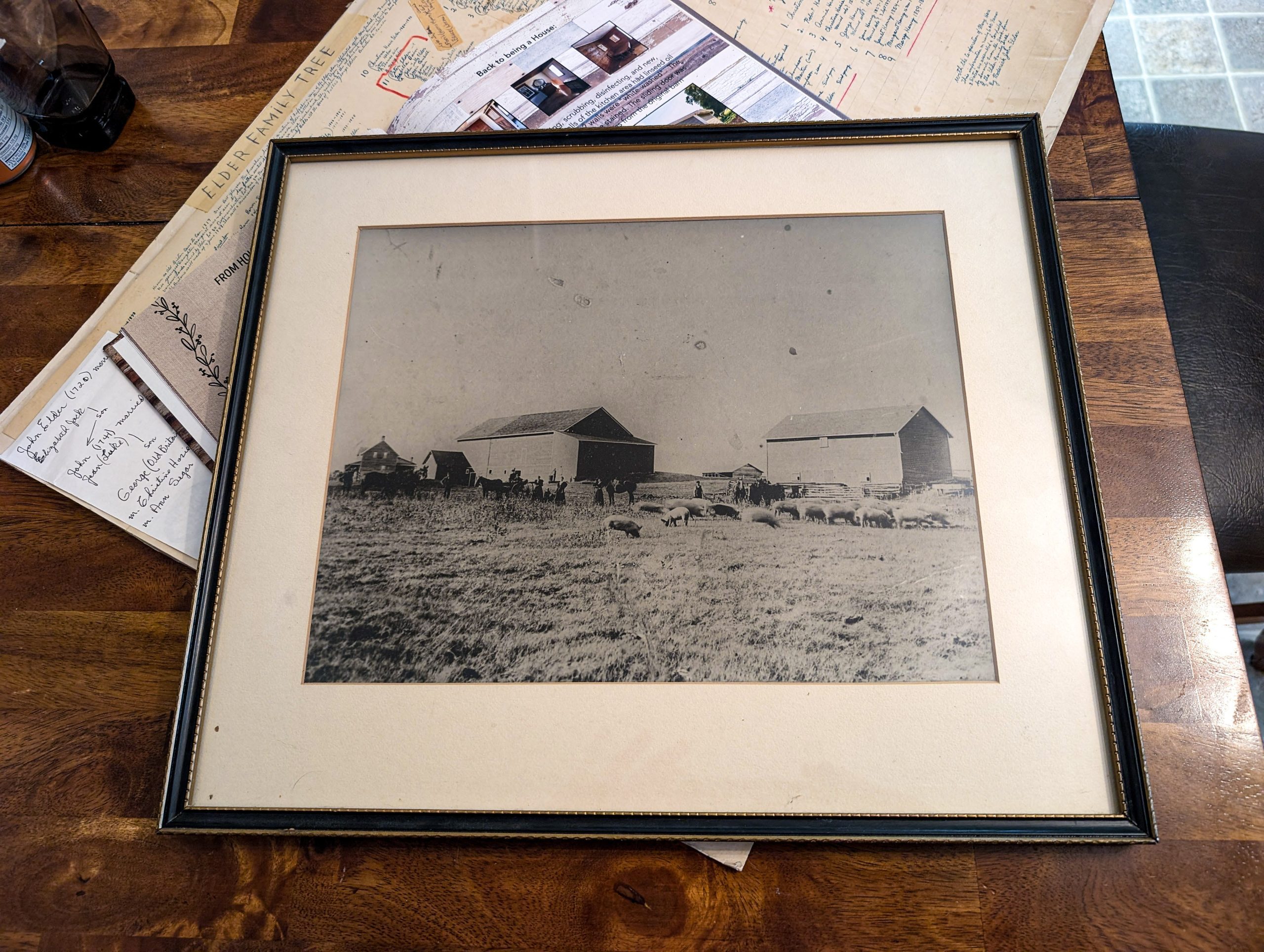
Why you should preserve your farm’s history
There was a big cast iron dinner bell in the middle of the farmyard where Maggie Van Camp grew up….
This series will provide insights from agronomists on how already good relationships and services might be made even better.
Matt Gosling
Premium Ag Solutions
Strathmore, Alta.
While it is important for a consulting agronomist to provide some of the basic information on crop production — soil fertility and seeding rates, for example — Matt Gosling, owner of Premium Ag Solutions based at Strathmore, east of Calgary, says as client relationships develop the agronomist can also play a much bigger role.
After more than 20 years in the consulting business and establishing long-term relationships with many clients during that time, Gosling says the role of the consultant can evolve into being an advisor to the farm business.
“Years ago, I was involved in a service where consultants were known as agri-coaches and I like that term ‘coach’,” says Gosling. “We are more than just glorified soil samplers. We not only provide agronomic advice from season to season, but we can also contribute to discussions involving long-term plans for the operation.
“I’ve had a few long-term clients tell me that I know as much about their farming operation as they do. And as a second generation gets involved, and as farms get involved in succession planning, I see my role gently transitioning toward providing input into the planning process.”
Gosling says while clients connect with their agronomist in the field and farmyard a few times during the year, many consultants often spend “countless” hours behind the scenes involved in meetings, workshops, conferences and other research to keep up to date on products, trends and technology.
“We are there to serve our clients as advisors, so communication is important,” he says. “We need to share our knowledge as best we can, but farmers should also be asking questions. There is more to talk about than just how much nitrogen should be applied, because often people don’t necessarily follow your recommendation, anyway. We are advisors, we are paid to have an opinion so producers shouldn’t hesitate to ask for our input and then they can decide from there.”



